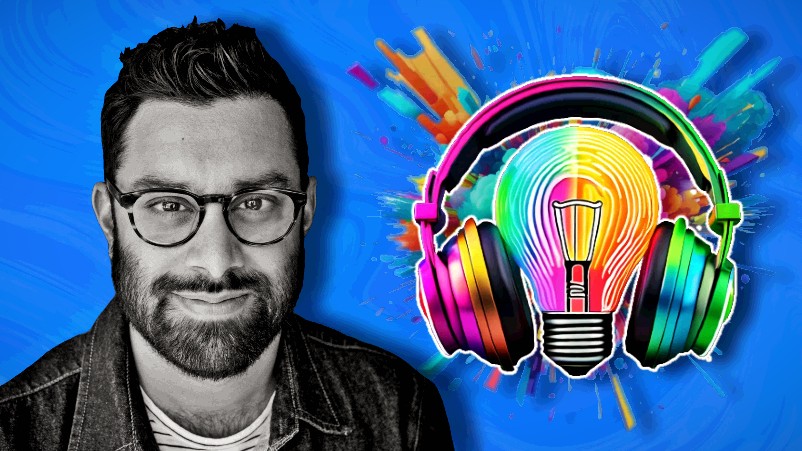'Davos for geeks' asks marketing to create new ethics for data collection, privacy
The Drum has summarised key outtakes from this year’s Web Summit in Lisbon, Portugal. A conference that is heralded as the ‘Davos for Geeks’, this year saw the coming together of global technology and political leaders amongst a 70,000+ crowd of attendees from over 160 countries. With speaking tracks that covered a variety of topics across ed/fin/auto/health-tech, robotics, democracy, future workplaces, cryptography, space, quantum computing and AI, the nexus of politics and technology was a prevailing theme.
Key points:
- The headline opening night speaker was so political he couldn’t be there in person. Edward Snowden urged the audience to challenge the prevailing technology norms and re-consider corporate data collection and misuse.
- The politicians present were also policy makers, a stark contrast to Cannes and other technology conferences such as CES.
- Technology has become more political – evidenced not just by who was present, but who wasn’t. Google and Facebook for example, spoke to very specific topics (Google – AI and Sustainability; Facebook – Libra and Calibra), previously a broader contribution to the event topic streams.
- Perhaps the greatest value of a conference of this kind is in the curated perspectives that come together from all parts of the technology ecosystem, providing a safe environment for knowledge development, and consideration amongst those that create tech, use tech, or conceive policy to protect us from tech.
Having attended the Web Summit in 2018 and 2019, the political sensibility this year was palpable. Most talks kept coming back to the ultimate question of our current time – how do we ensure our values are preserved?
An interesting question given as Edward Snowden pointed out, technology is value neutral.
This was further illustrated in a talk by Brad Smith, President of Microsoft. Brad presented the idea of AI as a ‘tool’, a metaphor also used by Google’s Chief Decision Scientist, Cassie Kozyrkov who added that tool building is as old as human history. But with all tools, Brad warned that depending on who wields the tool it can just as easily become a weapon (think of a broom in the hands of a tantruming child!). So ensuring these ‘tools’ are held to a level of accountability is critical, if our values are to be upheld.
Across the precinct in the Fin Tech Pavilion, Yancey Strickler co-creator of Kickstarter summarised his ‘bento box’ blueprint from his book “This could be our future”. With this blueprint he hoped to transform what he sees as the current value we put on profit to more “rational value” of non-monetary aspects of modern life. He challenged our current values system, to move towards a more equitable civilisation.
On the Future Society stage Tony Blair shared his concerns around Brexit distracting the government from what should be their larger focus, technology. And Michael Kratsios, the Chief Technology Officer of the United States of America promoted his government’s plight to ‘make tech great’ by ensuring an allied cooperation to the development of new technologies. To ensure western values are preserved.
David Chaum the pioneer of cryptography and creator of digital cash revealed a new surveillance-free person to person message platform where even the sender and receiver information were untrackable. The need this addresses? A fundamental human right, the right to live a private life.
And to close, the technology thought leader in politics, Margarethe Vestager, Executive Vice President-Designate of the European Commission for a Europe fit for the Digital Age, “…if we want our fundamental values to travel with us and be reinterpreted when we embrace new technology, then we need these kinds of events to be able to talk about it.”
At a time where nearly every positive use case of technology exists alongside a potential negative consequence, a conference that brings together diverse perspectives that promote the exciting and inspiring potential of new technologies, directly alongside the ethical considerations also required to truly align technology to ‘our values’, is what really makes the Web Summit a conference of merit.
The question of whose values remains. Answering this question could be the most significant one for our time.
So whilst it is clear in today’s climate technology and politics need to be closer than ever before, it doesn’t mean we have to wait for policy to govern the value set we apply to our own use of technology to ensure it is a tool, not a weapon.
In Australia, whilst we have the Australian Privacy Principles to govern our approach to data collection and use, there is an opportunity for marketers to lead with a new type of marketing playbook – the ethical playbook. A playbook that reflects your company’s values, and respects the human rights of those customers you are there to serve.


